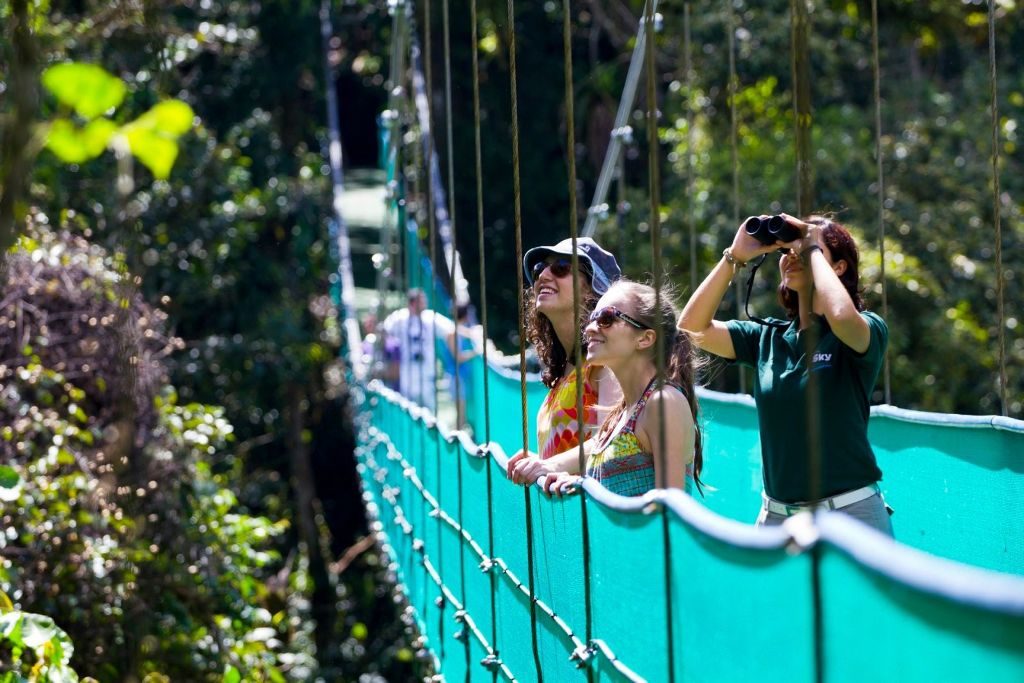
I had a wonderful spring break, thanks for asking. This year, we went big. We took the girls to Costa Rica for a whole week. Surfing and boogie boarding, zip lining, beach hikes, horseback riding, the works. Super adventurous? Aside from the anxiety of international travel with two sub-ten year olds, not really. We were in a town called Tamarindo. Known for its beaches and howler monkeys, it’s also called Tama-gringo by more worldly travelers, because of the number of English-speaking tourists that visit each year. For me, that means that they happily forgave any of my attempts to speak (read: butcher) Spanish in exchange for our contributions to their economy. Nothing more humbling than asking a question in what I was sure was a perfectly pronounced foreign phrase only to have the answer come back as a much better pronounced English reply. As if to say, “Thanks for trying—that’s cute—we’ll take it from here.”
But what if I had been in a country that was not so touristy and forgiving? What if that language barrier was so great, and the culture so different that even social cues were impossible for me to pick up on? What level of anxiety would I experience? How would I react? How would my reactions be perceived? How much would I welcome the assistance of some person or some thing to help me be understood?
Putting yourself in this mindset might help you understand the importance of speech therapy for autistic children. Therapy and speech aid devices provide a needed bridge between children and the world that they are so desperately trying to interact with. Support of the Orange Effect Foundation helps fund or offset the cost of speech therapy and devices for families that need it. Your support of OEF is greatly appreciated by the children and families they help.
Source
Craig Coffey
Craig Coffey is the Director of Marketing Communications for Lincoln Electric and a member of the Board of the Directors for the Orange Effect Foundation.

